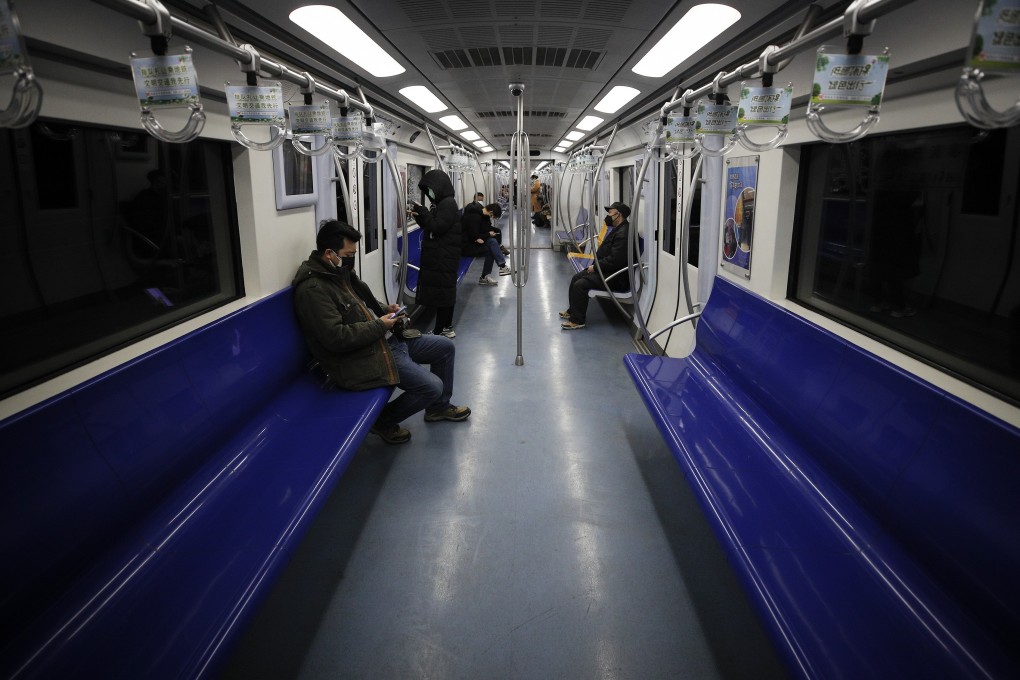Advertisement
Coronavirus: China set to cut interest rates along with other countries to offset Covid-19 damage
- Hong Kong was the latest to follow the United States, Australia and Malaysia in announcing an interest-rate cut
- China, though, is unlikely to fully match the half point interest rate cut by the US Federal Reserve
Reading Time:4 minutes
Why you can trust SCMP

China is under pressure to reduce interest rates in the near future to offset the economic damage caused by the coronavirus outbreak, spurred on by central bank rate cuts in the United States, Australia and Malaysia on Tuesday.
Data released earlier in the week showed that activity in the country’s manufacturing and service sectors fell in February to their lowest levels on record, leaving Beijing with little choice but to act to shore up the economy. The US Federal Reserve half-point rate cut gives the People’s Bank of China (PBOC), the nation’s central bank, more leeway to ease lending rates to support growth.
China, though, is unlikely to fully match the US Federal Reserve move to lower borrowing costs after the PBOC gave banks an extra 800 billion yuan (US$115 billion) in February to lend out to struggling businesses and farmers.
Advertisement
The Hong Kong Monetary Authority (HKMA), the city’s de facto central bank, already acted on Wednesday, matching the Federal Reserve’s half point interest rate cut less than 12 hours earlier.
Hong Kong must follow US monetary policy changes to keep the Hong Kong dollar’s exchange rate stable as the city’s currency is pegged to the US dollar.
Advertisement
Advertisement
Select Voice
Choose your listening speed
Get through articles 2x faster
1.25x
250 WPM
Slow
Average
Fast
1.25x